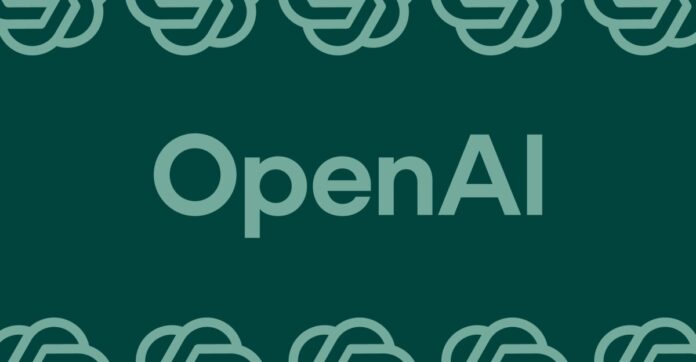Ziff Davis Sues OpenAI Over Copyright Infringement
Introduction to the Lawsuit
Ziff Davis, the owner of several prominent digital outlets such as CNET, PCMag, IGN, and Everyday Health, has initiated a lawsuit against OpenAI, alleging copyright infringement. The lawsuit claims that OpenAI has been creating exact copies of Ziff Davis’s content without permission. This action is based on the allegation that OpenAI trained its AI models on Ziff Davis’s work despite explicit instructions to the contrary, as indicated by the presence of a robots.txt file designed to prevent web crawlers from scraping its data. Furthermore, it is alleged that OpenAI removed copyright information from the content it obtained.
The Scope of Ziff Davis’s Operations
Ziff Davis is a significant media conglomerate, currently owning more than 45 media brands and employing over 3,800 individuals. This makes it one of the largest publishers to take legal action against OpenAI to date. The company publishes nearly 2 million new articles annually and averages over 292 million user visits each month, highlighting the substantial nature of its content creation and dissemination.
Industry Context and Similar Cases
While some media outlets, including Vox Media, The Associated Press, The Atlantic, The Financial Times, and The Washington Post, have entered into content licensing agreements with OpenAI, Ziff Davis has chosen to join the ranks of those suing OpenAI for copyright infringement. Other notable entities taking similar legal actions include The New York Times, The Intercept, Raw Story, AlterNet, and a group of Canadian media companies. This dichotomy reflects the complex and evolving landscape of copyright and fair use in the digital age, particularly concerning AI-generated content.
Details of the Allegations
Ziff Davis alleges that OpenAI has engaged in the unauthorized copying, reproduction, and storage of its content, which is then utilized to generate responses in ChatGPT. The company claims to have identified hundreds of full copies of its work within a small sample of OpenAI’s publicly available WebText dataset. This allegation forms the crux of the lawsuit, with Ziff Davis arguing that OpenAI’s actions constitute a clear violation of its copyrights.
Demands and Response
Ziff Davis is seeking a court order to halt OpenAI’s exploitation of its works and to destroy any datasets or models containing its content. In response to the lawsuit, an OpenAI spokesperson emphasized the benefits of ChatGPT, including enhancing human creativity, advancing scientific discovery and medical research, and improving daily lives for hundreds of millions of people. The spokesperson also asserted that OpenAI’s models are trained on publicly available data and are grounded in fair use, a claim that Ziff Davis’s lawsuit directly challenges.
Conclusion
The lawsuit between Ziff Davis and OpenAI highlights the growing tensions between content creators and AI companies over issues of copyright and fair use. As AI technology continues to evolve and play a more significant role in content generation, cases like this will be crucial in defining the boundaries of legal and ethical behavior in the digital landscape. The outcome of this lawsuit will likely have significant implications for both the media industry and the development of AI, underscoring the need for clarity and cooperation in navigating the complex intersection of technology, law, and creative rights.

